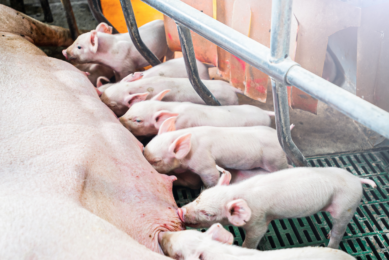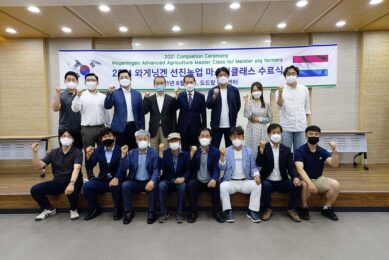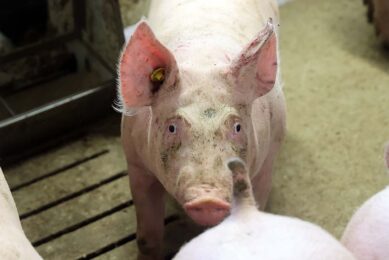US Grain Council helps Korean swine industry

Due to hog health problems resulting in high death losses and stunted growth, small Korean hog operations have had low productivity and poor market performance.
“These farmers do not carry enough resources to stand at a competitive level with large farm operations in the world market,” said Mr. Byong Ryol Min, US Grains Council director in Korea. Increasing pork imports and declining domestic production has resulted in reduced usage of imported feed grains.
Hog inventory
Even though the 2007 Korean hog inventory was the largest in the nation’s history, imported feed grain fell by 75,000 metric tons from 2002. Various types of industry integrations and production alliances are in operation, due in part to USGC programs; however, Korea’s poor management skills and inexperience have caused inefficiencies in reducing input costs and supplying quality pork at competitive prices.
Recognising this lasting problem, the Council sought ways to offer management education opportunities in order to help Korea’s swine industry become more competitive in the world market. Dr Gordon Spronk, USGC consultant and veterinarian at the Pipestone Veterinary Clinic Pipestone System, located in Pipestone, Minn., travelled to Korea this week to review Korea’s swine operations and introduce and educate ways farmers can improve their business structures and management systems.
Spronk introduced a programme that combines proper genetics, a healthy diet of soy for protein and corn for energy, and a low stress environment. The “Pipestone System” is currently used by 45 sow operations administering over 140,000 head, making it the fifth largest swine management system used in the United States.
Eager
“Korean integrators had heard of Dr Spronk’s Pipestone System and were very eager to hear what he had to say,” Min said. “Every participant was very active in asking questions about the business model and operations system so much so that we ran out of time. Most Korean businesses expressed interest in sending representatives to the United States for a six month training session to learn more about the system.”
Click here for the free Pig Progress newsletter
Hog inventory
Even though the 2007 Korean hog inventory was the largest in the nation’s history, imported feed grain fell by 75,000 metric tons from 2002. Various types of industry integrations and production alliances are in operation, due in part to USGC programs; however, Korea’s poor management skills and inexperience have caused inefficiencies in reducing input costs and supplying quality pork at competitive prices.
Recognising this lasting problem, the Council sought ways to offer management education opportunities in order to help Korea’s swine industry become more competitive in the world market. Dr Gordon Spronk, USGC consultant and veterinarian at the Pipestone Veterinary Clinic Pipestone System, located in Pipestone, Minn., travelled to Korea this week to review Korea’s swine operations and introduce and educate ways farmers can improve their business structures and management systems.
Spronk introduced a programme that combines proper genetics, a healthy diet of soy for protein and corn for energy, and a low stress environment. The “Pipestone System” is currently used by 45 sow operations administering over 140,000 head, making it the fifth largest swine management system used in the United States.
Eager
“Korean integrators had heard of Dr Spronk’s Pipestone System and were very eager to hear what he had to say,” Min said. “Every participant was very active in asking questions about the business model and operations system so much so that we ran out of time. Most Korean businesses expressed interest in sending representatives to the United States for a six month training session to learn more about the system.”
Click here for the free Pig Progress newsletter











